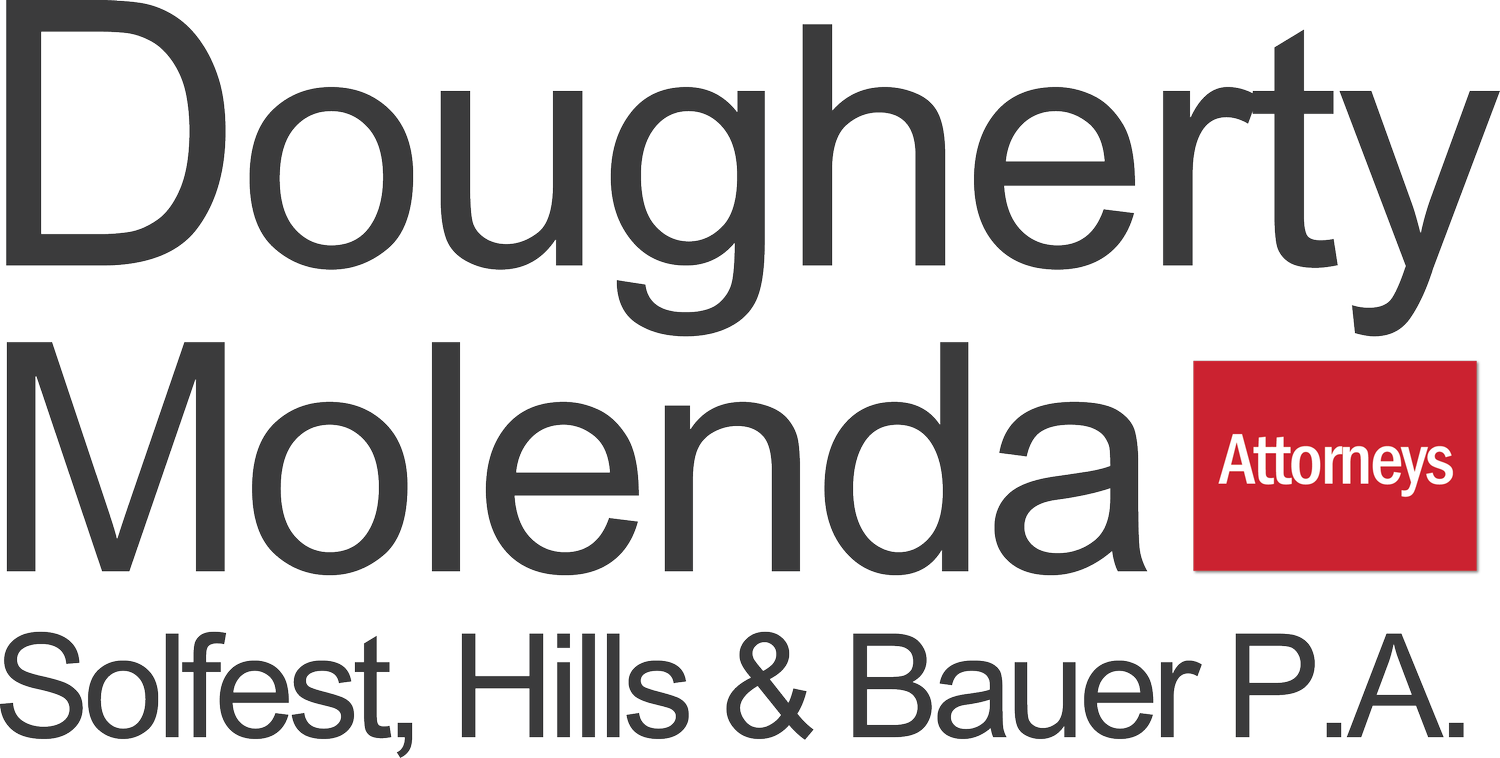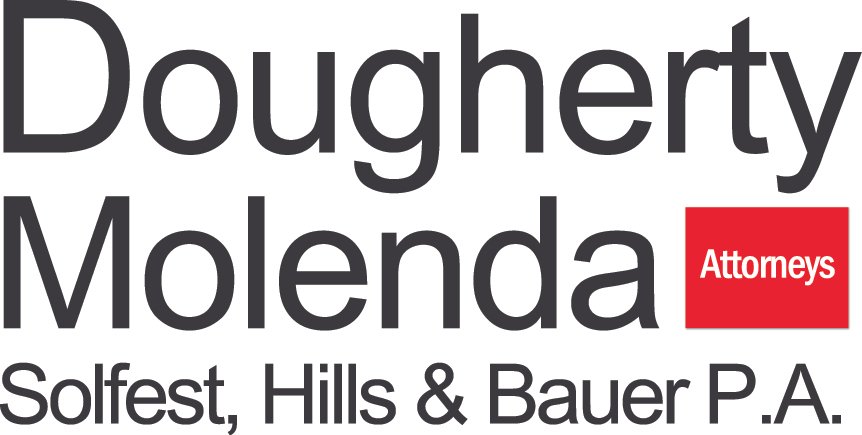
Areas of Focus
Employee Discipline and Discharge
Executive Compensation Agreements
Employers often face difficult decisions about how to discipline or discharge problem employees. Employers may struggle with balancing 1) concerns about litigation risk and 2) goals of operating an efficient workplace. Employers who follow basic steps can significantly limit exposure to litigation by disgruntled employees. Our employment attorneys provide training and guidance to human resources professionals who are addressing employee discipline issues, either on a regular basis or in isolated instances.
Documentation
Strong documentation involves planning and preparation. However, documentation before a dispute can often mean the difference between a dispute that 1) follows a clear path governed by strong documents or 2) take more time and expense to resolve because documentation is absence or is poorly worded (or worse, it violates state or federal laws). Our attorneys regularly assist clients in preparing and reviewing documentation designed specifically for a client’s industry and needs.
Handbooks
Employment Handbooks do not need to follow a specific format. They can be short and sweet or lengthy and comprehensive. They must contain some elements. A non-comprehensive list of mandatory provisions includes the following:
At-Will Employment Status
Equal Employment Opportunity Provisions
Provisions against Sexual and other Harassment
FMLA, if applicable
Acknowledgement by the Employee
Women’s Economic Security Act – Notice of law prohibiting employers from requiring non-disclosure of wages as condition of employment.
Other provisions in an employee handbook are optional and might include the following categories of coverage:
Call-in Procedures
Confidentiality
Wages
Performance Evaluations
Personal Appearance
Breaks
Smoking
Employee Parking
Visitors
Tuition Reimbursement
Company Vehicles
Expense Reimbursements
Layoffs/Terminations/Resignations
Attendance
Alcohol/Drug Testing
Leave (Sick, Holiday, Vacation)
Safety/Work Place Violence
Transfers
Many employers have adopted employment handbooks that have become outdated and no longer comply with current laws and structure. These employment handbooks can represent a hidden liability for employers. Our attorneys can assist employers in updating handbooks to confirm that they comply with all laws applicable to Minnesota employers.
Misconduct and Improper Behavior in the Workplace
Our attorneys assist employers in evaluating claims of wrongdoing and guide employers as they investigate the claims. By taking simple steps during the investigation, employers can significantly reduce risks that a specific employment action (or inaction) will lead to litigation. Learn more about our investigations.
Employee Disciplinary Communications
Disciplinary communications to employees can be prepared in a way that eliminates risk. Where an employee is disciplined for just cause, legal risks of a legitimate lawsuit are virtually eliminated. However, good documentation is helpful in establishing that a disciplinary decision is based on just cause and not discriminatory intent. Our attorneys assist employers in structuring disciplinary memos and letters to conform to company policies, the facts and the law applicable to any potential claims.
Choosing to Discharge
Where the decision is made to discharge an employee, our attorneys provide advice and assistance in all aspects of the discharge decision, including in its implementation. Our attorneys can participate in the discharge meeting and act as primary third-party communicator during the meeting when appropriate.
Separation Agreements
Our attorneys regularly assist clients in preparing separation agreements that comply with Minnesota and federal law. Our attorneys carefully evaluate the employee’s role and any risks associated with the termination decision when drafting a separation or severance agreement.
Terminating an Employee
When an employee is terminated, an employer should take specific steps to 1) ensure compliance with the law and 2) promote a smooth transition for the employee. The payment of final wages must occur within the timelines established under Minnesota law and notices should be given regarding continuation of benefits and ongoing obligations (in areas such as confidentiality or non-competes). At times, property must be returned by the employee.
An employee may request a personnel file or request the true reason for the employee’s termination under Minn. Stat. Sec. 181.933. Employers should be ready to comply with these laws, and our attorneys can provide guidance and continuing advice to assure a smooth exit from employment by the affected employee.
Learn More
To learn more about the services our employment lawyers provide, please call us at 952-432-3136 or, if you prefer, contact us using our online form.

